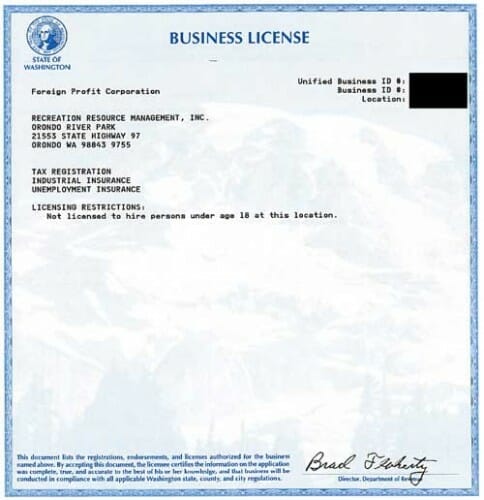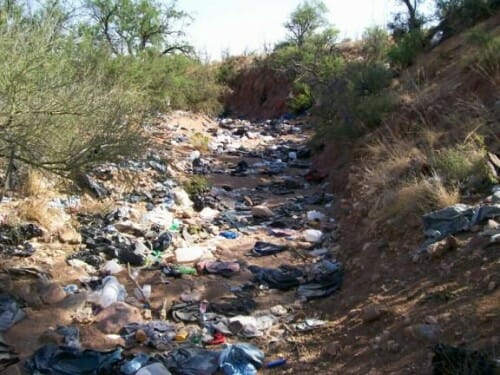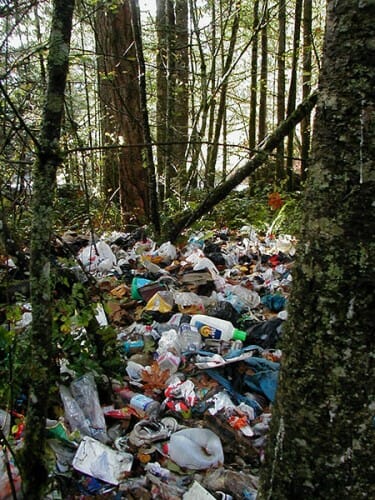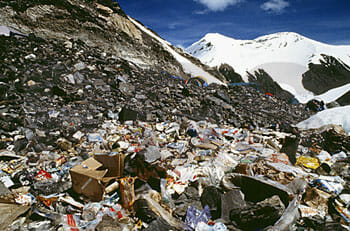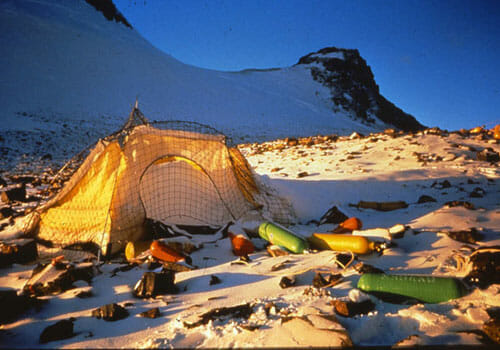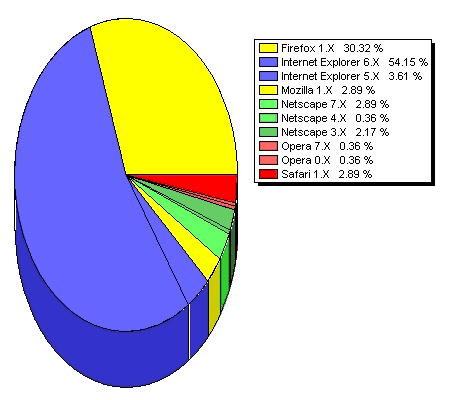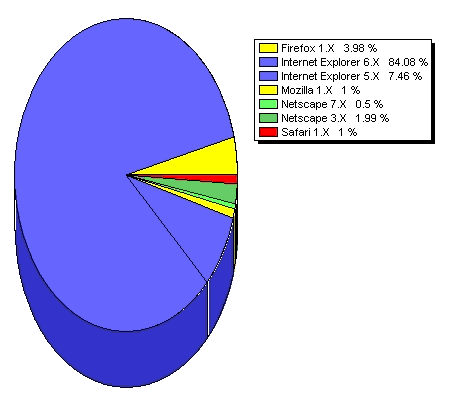As a note, I had this post ready last Thursday, but with the terrorist attacks in London, the regular G-8 protesters sort of dropped off the radar screen.
For years now, I have struggled trying to categorize what philosophy motivates the brick-throwing protesters that seem a regular part of G-8 summits ever since they ripped up Seattle several years ago. To say they are against Globalization does not answer the question, since what exactly does that mean, given that the protest movement itself is global and multinational in nature.
To some extent, the protests of course just Marxism returning under a different guise. However, even when compared to socialist reality avoidance, the arguments of the protesters seemed really hard to follow. Part of the problem is that many of the protesters are violent anarchists and out-and-out criminals who want nothing more than violence and destruction. However, there are people and groups who seem to be trying to accomplish something, and who resent being associated with these criminals. After reading a number of different web sites of the protesters (many are really, really hard to parse logically), I have come up with the following basic argument shared by the core of the protesters.
- They want to help the poor and outright poverty-stricken nations of the world
- Many want the wealthiest nations (G8) to help these poverty-stricken nations, both because they blame the wealthy nations for this poverty, and because the wealthy nations are seen as the ones with the means to do something
- They want to help these nations by encouraging the poorer nations to avoid any of the techniques or economic models the G8 used to get wealthy and successful in the first place
There is nothing particularly new about arguments 1 and 2; however, it was recognizing part 3 of the argument that helped me realize why I could never understand what they wanted. In a nutshell, they want to fix poverty in the third world by disavowing everything -- private property rights, individual enterprise, free commerce, entrepreneurship, individual freedoms, etc. -- that made the G8 not impoverished. Rich nations, you have to help the poor nations, but whatever you do, don't allow they to emulate what you did to get rich.
This is so nutty its unbelievable. If they were camping outside of the G8's door and saying that we want you to drop trade barriers on our goods and help us foster entrepreneurship and we want your help promoting private investment in our economy and infrastructure, I could understand perfectly. This is like activists camping outside of Jack Welch's door looking for him to help the poor by funding programs to teach children to drop out of school and avoid getting a jobs.
I discussed suggestion on providing aid to Africa here and here. A good companion article to this piece is this one on why progressives are too conservative to like capitalism. Here is the part that is relevant to development:
However, when we move to fields such as commerce, progressives stop
trusting individual decision-making. Progressives who support the
right to a person making unfettered choices in sexual partners don't
trust people to make their own choice on seat belt use. Progressives
who support the right of fifteen year old girls to make decisions about
abortion without parental notification do not trust these same girls
later in life to make their own investment choices with their Social
Security funds. And, Progressives who support the right of third
worlders to strap on a backpack of TNT and explode themselves in the
public market don't trust these same third worlders to make the right
decision in choosing to work in the local Nike shoe plant.
Beyond just the concept of individual decision-making, progressives
are hugely uncomfortable with capitalism. Ironically, though
progressives want to posture as being "dynamic", the fact is that
capitalism is in fact too dynamic for them. Industries rise and fall,
jobs are won and lost, recessions give way to booms. Progressives want
comfort and certainty. They want to lock things down the way they are.
They want to know that such and such job will be there tomorrow and
next decade, and will always pay at least X amount. That is why, in
the end, progressives are all statists, because, to paraphrase Hayek,
only a government with totalitarian powers can bring the order and
certainty and control of individual decision-making that they crave.
Progressive elements in this country have always tried to freeze
commerce, to lock this country's economy down in its then-current
patterns. Progressives in the late 19th century were terrified the
American economy was shifting from agriculture to industry. They
wanted to stop this, to cement in place patterns where 80-90% of
Americans worked on farms. I, for one, am glad they failed, since for
all of the soft glow we have in this country around our description of
the family farmer, farming was and can still be a brutal, dawn to dusk
endeavor that never really rewards the work people put into it....
More recently, progressives have turned their economic attention to
lesser developed nations. Progressives go nuts on the topic of
Globalization. Without tight security, G7 and IMF conferences have and
would devolve into riots and destruction at the hands of progressives,
as happened famously in Seattle. Analyzing the Globalization movement
is a bit hard, as rational discourse is not always a huge part of the
"scene", and what is said is not always logical or internally
consistent. The one thing I can make of this is that progressives
intensely dislike the change that is occurring rapidly in
third world economies, particularly since these changes are often
driven by commerce and capitalists.
Progressives do not like American factories appearing in third world
countries, paying locals wages progressives feel are too low, and
disrupting agrarian economies with which progressives were more
comfortable. But these changes are all the sum of actions by
individuals, so it is illustrative to think about what is going on in
these countries at the individual level.
One morning, a rice farmer in southeast Asia might faces a choice.
He can continue a life of brutal, back-breaking labor from dawn to dusk
for what is essentially subsistence earnings. He can continue to see a
large number of his children die young from malnutrition and disease.
He can continue a lifestyle so static, so devoid of opportunity for
advancement, that it is nearly identical to the life led by his
ancestors in the same spot a thousand years ago.
Or, he can go to the local Nike factory, work long hours (but
certainly no longer than he worked in the field) for low pay (but
certainly more than he was making subsistence farming) and take a shot
at changing his life. And you know what, many men (and women) in his
position choose the Nike factory. And progressives hate this. They
distrust this choice. They distrust the change. And, at its heart,
that is what globalization is all about - a deep seated conservatism
that distrusts the decision-making of individuals and fears change,
change that ironically might finally pull people out of untold
generations of utter poverty.
Scratch a progressive, you will find a totalitarian. That is why progressives support totalitarians like Chavez in Venezuela and why you find "progressives" supporting brutal Muslim totalitarian apartheid states. That is why you will hear a lot from protesters about Nike wages being too low, but nothing about the impact totalitarians like Robert Mugabe have on creating poverty. By the way, I am willing to offer them some help spotting dictatorships if they need it.
To their point that poor nations got that way because of rich nations, their argument relies on a zero-sum mercantilist view of economics that I deconstruct here. Their other argument is that western colonialism ruined the poor nations, but if that is true, why do they attack the US the most, which had the fewest colonies of any of the G8, instead of France, which made the worst mess of its colonies?
